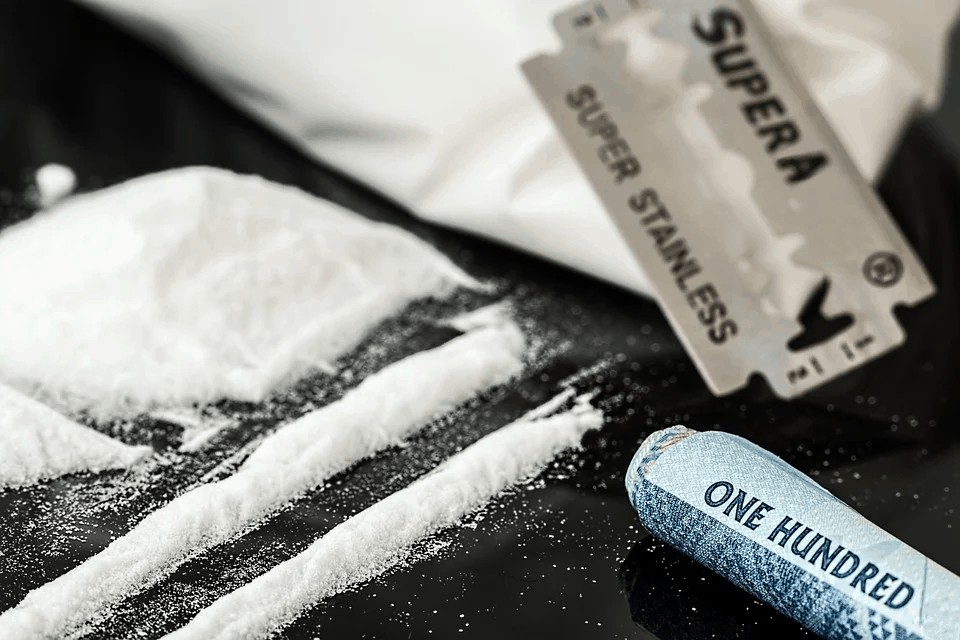The penalties for drug crimes are some of the harshest around at both the state and the federal level. The reason is partially due to the so-called War on Drugs that attempted to reduce drug use by imposing heavy penalties on drug offenders. One can argue whether this was fair or not, but the consequences are that drug crimes come with some serious penalties.
That is why anyone who has been charged with a drug offense should contact a defense lawyer as soon as possible. A defense lawyer will give them the best possible chance of getting those charges dropped or reduced so that the person does not have to face the harshest of the penalties. You can click here to learn why defense attorneys recommend that you should get in touch with them if you have been charged with a drug offense.
Drug Crimes and Their Penalties
When someone is charged for a drug crime, it can be on the state or federal level, or both. In general, the federal penalties for drug crimes are much harsher than the state level penalties. This is usually because federal agencies tend to go after high level drug offenders, whereas low level offenders are usually taken care of by the state. The penalties for drug offenses vary by state, with some states having harsher penalties than others, however penalties are more standardized at the federal level. The types of drug crimes are as follows:
Possession
This is the lowest level of drug crime and is usually taken care of at the state level, though there can be federal penalties as well. There are actually two different kinds of possession, actual possession and constructive possession. Actual possession is when the drugs are found on your person while constructive possession is when you are in a situation where prosecutors believe that you should have known about the drugs or were in control of them.
The federal penalties for a first offense of drug possession are a fine of $1000 or more and up to a year in prison. A second offense can result in fines of $2500 or more and up to two years in federal prison. Subsequent offenses can lead to a fine of $5000 or more and up to three years in prison. There can be other penalties as well, such as becoming ineligible to own a firearm and being denied federal benefits like scholarships.
Distribution and Trafficking
This refers to the selling or delivery of controlled substances; the difference between distribution and trafficking usually involves the amount of drugs involved, with the latter usually involving a larger amount. People are generally charged with distribution when they attempt to sell drugs to an undercover police officer. The federal charges for drug trafficking include the following penalties:
- Ten years to life in prison for 1 kilogram of heroin, 5 kilograms of cocaine, or 1000 kilograms of marijuana.
- Five to forty years in prison for 100 grams of heroin or 500 grams of cocaine.
- No longer than five years for 50 kilograms of marijuana
Manufacturing
This charge can carry significant penalties on both the state and federal level and it is often considered to be a felony offense. However, it can sometimes be a lesser misdemeanor charge if a person is charged with having equipment used to manufacture prescription drugs rather than illicit drugs. The penalties for drug manufacturing can be high, with fines of up to $50,000 and up to ten years in prison.
If you have been charged with any kind of drug offense, then you should hire a defense lawyer to help you as soon as possible.

